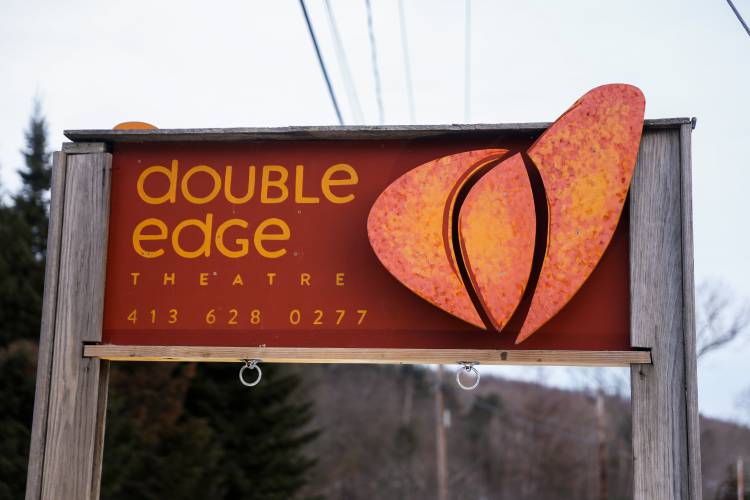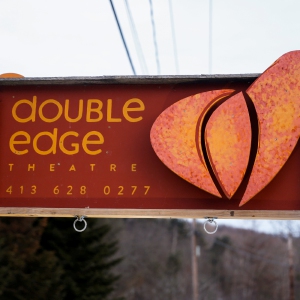
Double Edge Theater in Ashfield.
STAFF FILE PHOTO
ASHFIELD – Combining creativity and community, Double Edge Theater is working to create a sustainable future by providing eco-friendly housing, converting old buildings into new apartments while building a Community Design Center.
Between a housing crisis, a climate crisis and economic challenges, artistic communities often struggle because capital resources to support them are limited, said Adam Bright, executive director of Double Edge Theater. To combat some of these issues, the theater is working to convert old buildings into eco-friendly housing.
At its main campus on Route 116, the Double Edge Theater has a farmhouse and a residential area downtown where it hosts its residents and visiting educators, as well as some Ashfield locals.
“We offer a lot of subsidized housing in the area for low-income people,” Bright said.
Bright said the housing shortage is a major issue for the community and investing in housing infrastructure is a big goal for the theater as it develops its future budgets. The issue is also being discussed with the Energy Board, Zoning Board of Appeals and other city officials.
Finding solutions to these various problems requires a lot of creativity and teamwork between residents, businesses, government and arts organizations, Bright said.
“For me there is no separation,” Bright said. “These things have to fit together; There is no rural community that can survive divided.”
He added that the Double Edge Theater is fortunate to be based in Ashfield, where city officials and residents have been incredibly supportive of the theater's efforts. Residents work together to find creative solutions to problems, Bright said, and he believes they will continue to do so.
“Anytime we can invest in the community, we try to do that,” Bright said.
The theater's next investment is to take over some old buildings with plenty of unused space and renovate them to make them livable and environmentally friendly.
“A huge push for us is renewable energy,” Bright said. “We work with the latest technology to be as sustainable as possible.”
Sustainability is a big part of Double Edge Theater’s business. On the main campus there is a chicken coop, a goat coop, a garden and a small orchard that produces food for its members. The Double Edge Theater is also working to improve the energy efficiency of its buildings by installing solar panels, improving insulation, upgrading its heating and cooling systems, and more.
The Double Edge Theater has three buildings that will be converted into apartments and is working to obtain building permits to begin construction. Although the theater, as a nonprofit educational facility, does not require approval from the Zoning Board of Appeals, the organization has kept city officials updated on the plans, which were briefly presented at a recent ZBA meeting.
In addition to giving some old buildings a new look, the theater will also create a new Community Design Center. The center will be open to the public and will feature open workspaces and design spaces for doll making, fine art, textiles, beading, sewing and costuming, and indigenous practices such as traditional woodworking. The venue will also provide space for workshops and courses on various careers.
“This building is intended to provide design spaces,” Bright said. “There are a lot of things and a lot of communities that we work with.”
Bright said the new building will be net zero, meaning 100% of its energy needs will be met by on-site renewable energy. The center will be built using the latest technology and construction practices as well as local and sustainable materials, representing a major step towards the theater's goal of having a sustainable campus.
“We don’t want to just buy plywood from who knows where and have it shipped across the country,” Bright said. “We want to use materials that come from clean sources.”
The Community Design Center is funded with $1.2 million in grants from the Massachusetts Cultural Council's Cultural Facilities Fund, the Barr Foundation and the Beveridge Family Foundation, as well as funding from the state budget. Construction is scheduled to begin next spring, with completion and opening scheduled for the end of 2025.
As the Double Edge Theater continues to plan renovations and construction over the next five to 10 years and beyond, Bright hopes community members will share their thoughts and ideas. Bright said community input sessions will be planned in the future as these continue.
Contact Madison Schofield at 413-930-4579 or mschofield@recorder.com.
